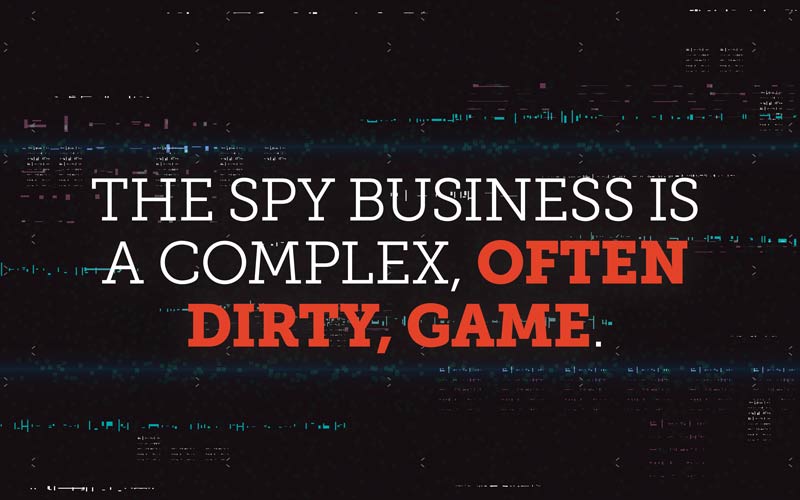
With their horses and iconic red serge dress uniforms, the Royal Canadian Mounted Police have traditionally been a symbol of order and decency. And for more than a century, the RCMP was the nation’s security service. They quelled the North-West Resistance in 1885 (as the North-West Mounted Police), dealt with the Gouzenko Affair in the 1940s and the Munsinger Affair in the 1960s.
But in 1984, after RCMP officers were found to have used illegal tactics, including unwarranted break-ins, the McDonald Commission recommended a new civilian spy agency be set up. The Canadian Security Intelligence Service (CSIS) was created by an act of Parliament and replaced the RCMP on issues of security, espionage and terrorism.
Canada’s intelligence service lacks the cinematic appeal of its British counterpart, which has James Bond as its avatar (in a 2018 speech, CSIS director David Vigneault said: “I look nothing like Daniel Craig, and I did not arrive here in an Aston Martin. I’m just as disappointed as you are—on both fronts.”) And CSIS lacks the notoriety of the U.S. Central Intelligence Agency (CIA). Initially, what CSIS did best was anonymity. But that didn’t last.
When CSIS was formed, new oversight protocols were put in place. But intelligence is a tricky business, and agencies around the world habitually skirt or cross legal lines. The argument for such conduct from the U.S. Federal Bureau of Investigation and the CIA and Britain’s MI5 and MI6 is that this is necessary to keep their country safe from rogue operators and hostile nations.
The spy business is a complex, often dirty, game.
And so it was in Canada. In 2020, Federal Court Judge Patrick Gleeson criticized CSIS for “a degree of institutional disregard for—or at the very least, a cavalier institutional approach to—the duty of candour and regrettably the rule of law.” His 150-page decision called for a comprehensive review of the agency.
Meanwhile, CSIS complained of being underfunded and ill-equipped to deal with increasingly sophisticated espionage and terrorist plots. “Our Act sets technological limitations on intelligence collection that were not foreseen by the drafters of the legislation in 1984,” said Vigneault, “and unduly limit our investigations in a modern era.” He also noted that both China and Russia were “aggressively” targeting Canada for both political and economic reasons and the country needed to be prepared.
In 2022 and 2023, documents showing the Chinese had a network in place to interfere with Canadian elections were leaked to several media outlets, causing both security and political turmoil, and threw CSIS into a fresh crisis.
The spy business is a complex, often dirty, game. Threats to national security have become increasingly complicated and multi-faceted, causing security agencies around the world to scramble to adjust, using whatever means possible.
As John le Carré notes in his book Tinker Tailor Soldier Spy, with its central character George Smiley: “It’s the oldest question of all, George. Who can spy on the spies?”
Advertisement





















